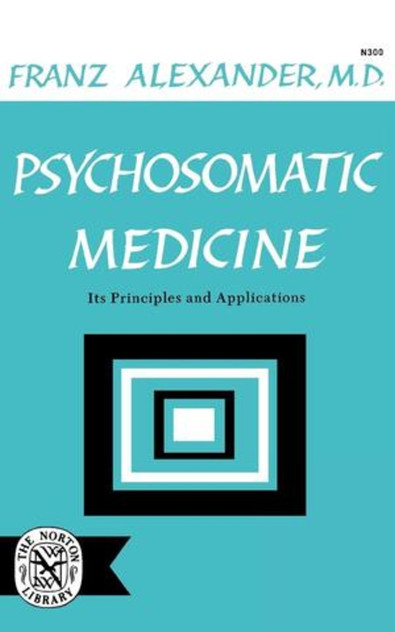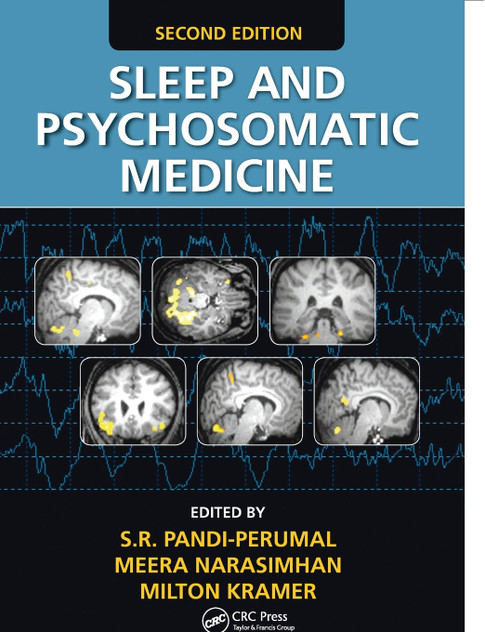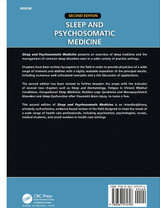
Trending Bestseller
Textbook of Evolutionary Psychiatry and Psychosomatic Medicine
This book is unique in taking an evolutionary perspective to understanding psychiatric and psychosomatic conditions. It explores how the human brain/mind has been shaped by natural and sexual selection and why adaptations to environmental conditions in our evolutionary past may not always work in our best interests
Paperback / softback
29-October-2015
448 Pages
RRP:
$188.95
$170.00
In Stock:
Ships in 3-5 Days

Textbook of Evolutionary Psychiatry and Psychosomatic Medicine
RRP:
$188.95
$170.00
Description
The Textbook of Evolutionary Psychiatry and Psychosomatic Medicine updates and expands on the original Textbook of Evolutionary Psychiatry (OUP, 2008) to provide answers to these questions by emphasising an evolutionary perspective on psychiatric and psychosomatic conditions. It explains how the human brain/mind has been shaped by natural and sexual selection; why adaptations to environmental conditions in our evolutionary past may nowadays work in suboptimal
ways; and how human cognition, emotions, and behaviour can be scientifically framed to improve our understanding of how people try to attain important biosocial goals pertaining to one's status in society,
mating, eliciting and providing care, and maintaining rewarding relationships.








